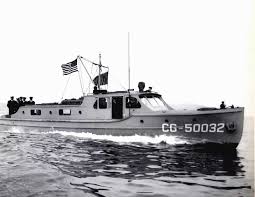Understanding Flotilla Operations in Maritime Security

Introduction
Flotilla operations have gained substantial importance in addressing maritime security challenges worldwide. As nations navigate complex geopolitical waters, the need for coordinated naval efforts has never been more critical. These operations not only enhance security but also assure the safety of international maritime trade routes.
What is a Flotilla?
A flotilla is a formation of small naval vessels, often consisting of various types of ships, such as patrol boats, survey ships, and support vessels, arranged to work together for a common mission. Flotillas are typically deployed by navies or maritime organisations to maintain security, conduct joint training exercises, or respond to piracy and other illegal activities at sea.
Recent Developments in Flotilla Operations
In recent months, several flotilla operations have been launched to strengthen maritime security. For instance, in September 2023, the United States Navy led a multinational flotilla exercise in the South China Sea, involving vessels from Japan, India, and Australia. This exercise aimed to enhance interoperability among allied forces and to demonstrate a unified stance against regional threats.
Similarly, the European Union’s Operation Irini has been conducting flotilla operations in the Mediterranean to enforce an arms embargo on Libya. Launched in March 2020, Operation Irini has involved regular patrols and inspections of vessels suspected of carrying arms.
Challenges Faced by Flotilla Operations
Despite their effectiveness, flotilla operations encounter various challenges. Firstly, the coordination among multiple nations can lead to logistical difficulties and strategic disagreements. Additionally, the constantly changing dynamics of international relations can affect how these operations are perceived by non-partner nations, potentially leading to tensions. Environmental concerns and piracy also remain ongoing threats in maritime operations.
Conclusion
The relevance of flotilla operations in today’s maritime landscape cannot be understated. As threats evolve, so too must the strategies employed by naval forces across the globe. Cooperative naval operations can foster stronger alliances and promote peace on the high seas. As we move forward, the ability of nations to work together in flotilla formations will be crucial for ensuring safe passage for maritime trade and securing national interests.
